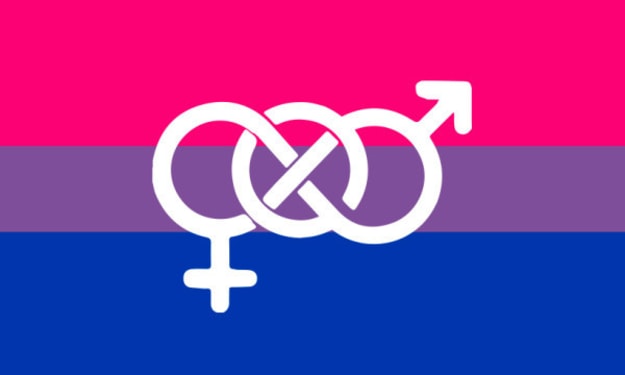Raising Minimum Wage
Many people have the wrong idea about minimum wage, from who is working for it to how much it is.

The minimum wage is the lowest pay an employee can be paid according to the federal government. The current minimum wage is too low; $7.25 an hour is just not enough. Let's look at who is working for minimum wage, why increasing it would help, and how we should raise the minimum wage.
First, who is working for minimum wage? The top two groups receiving minimum wage are minorities and single parents. Minorities such as Hispanics, African Americans, and women make up 75 percent of the workforce; about half that percentage earn minimum wage. In the United States, 19 percent of children have a parent who would benefit from an increase in pay. The majority of the minimum wage workforce is older than most people think, their average age is 35. Half of the minimum wage workforce is older than 30, and a third are at least 40. Now that we know who is earning minimum wage let's look at why and how and an increase would help all of America.
There are numerous benefits to raising the minimum wage but here are just some. It would increase economic activity and spur job growth; the EPI (Economic Policy Institute) said that a minimum wage increase would inject $22.1 billion net into our economy. It would also create 85,000 new jobs over a three year period. So maybe instead of building a virtually useless wall that just perpetuates America's racism, we should merely pay people more. As you now know, minorities make up a lot of their minimum wage workforce, and most people in poverty are minorities. According to a 2014 congressional budget office report, increasing the minimum wage to $9 would take 30,000 people out of poverty. An increase to $10.10 would bring 90,000 people out of poverty. According to the OECD (Organization of Economic Cooperation and Development) the US had one of the highest levels of income inequality in the world, on the level with Chile and Turkey and increasing the minimum wage would help close the income gap in America. Again most people earning minimum wage are minorities: Hispanics African Americans, and women. So increasing the minimum wage is essential to creating an equal pay for these disadvantaged groups.
One of the biggest fights for raising the minimum wage is the current $7.25 an hour is not enough to live off. A 2015 report from the NLIHC (National Low Income Housing Coalition) said: “in no state can an individual work a typical 40 hour work week earning the federal minimum wage afford a one or two bedroom apartment for his or her family.” Also according to Oxfam America workers receiving minimum wage report that they “just meet” or “don't even have enough to meet” their necessary living expenses. These are only some of the many, many benefits to increasing the federal minimum wage.
Now we need a solution; what do we raise the minimum wage too and where? Currently, the federal minimum wage is $7.25 an hour everywhere, but only 21 states offer that little. 29 out of the 50 states provide minimum wage from $8.40 to $9.50 and above. I’m proposing we change the federal minimum wage to $10.10 an hour everywhere, all 50 states including DC. The new amount would be mandatory, states could not raise or lower the amount, and no company/employer could pay anyone less than $10.10 an hour.
Our current minimum wage is too low for multiple reasons, and an increase would benefit virtually everyone. We looked at who is earning the minimum wage, how an increase would help, and a solution to what we raise it. I hope after reading this, you agree with me on the controversial minimum wage increase.
Sources: New York Times: who is working for minimum wage and ProCon.org: minimum wage






Comments
There are no comments for this story
Be the first to respond and start the conversation.